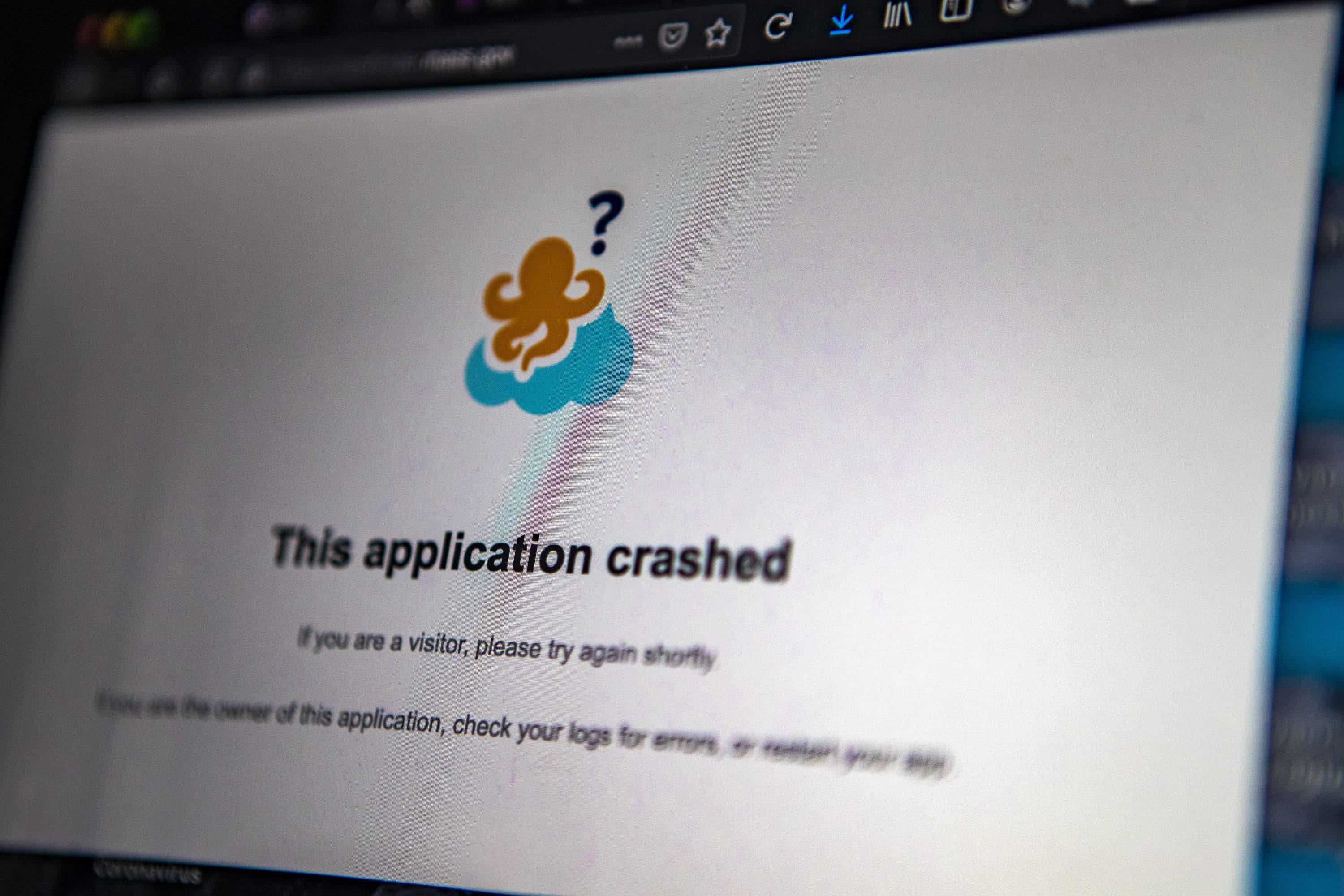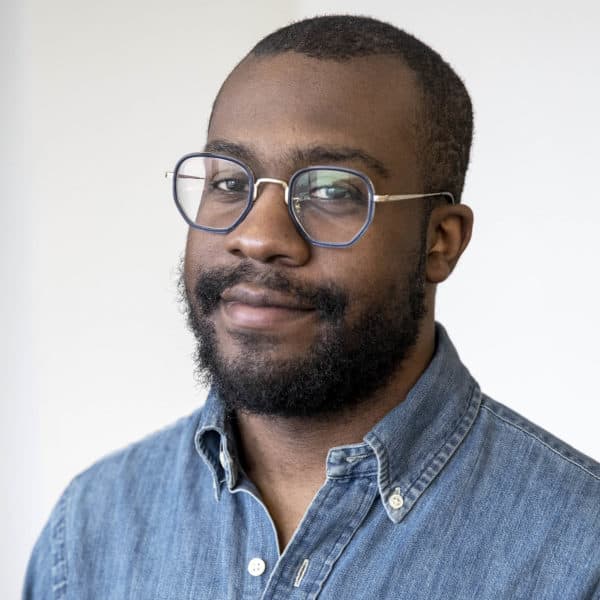Advertisement
'Vaccine Redlining': Massachusetts' Congressional Delegation Talks About Vaccine Access
After about a full year of the coronavirus crisis, data have gradually revealed what many predicted would happen: people of color, as well as people who are medically or financially vulnerable, are experiencing more loss and fewer gains than white people enduring the pandemic.
Several Massachusetts political powerhouses and community leaders held a Facebook Live panel on Saturday to discuss how marginalized people have fared almost a year into the deadly pandemic — specifically their access to and education about the vaccine, and what they're championing at the State House, White House and Congress to address the issues.
"[Communities of color] were the first to get the virus, the first to stay on the job, the first to die but last to get the relief and the care they need during this crisis," said Senator Ed Markey.
During the Facebook Live discussion, several commenters wrote that vaccine distribution should be equal, therefore race shouldn't factor into that. But early distribution data show Black and Latinx people are being vaccinated at a lower rate than white people.
Access to the vaccine is one of the biggest hurdles. Another major hurdle is an earned distrust of medicine that stems from well-documented experimentation on marginalized people and people of color.
When Massachusetts' two vaccine websites debuted and shortly crashed for eligible people 65 and older, it left people waiting for hours or not getting an appointment at all. Many in that age group aren't savvy with computers and Rev. Miniard Culpepper — who leads the Pleasant Hill Missionary Baptist Church in Dorchester — said even if they are tech-oriented, many couldn't afford to wait for several hours or refresh the page hundreds of times.
"I don't know too many folks in my church that can take six hours out of a day to try to get an appointment," he said. He thinks the state could use more churches as vaccination sites.

Congresswoman Ayanna Pressley said she, Senator Markey and Senator Elizabeth Warren have been pushing Governor Charlie Baker to better collect anonymized data on racial demographics of people who have been vaccinated.
"He indicated about 20% of the data that they have is unknown," Pressley said. "[Accurately capturing data] would support efforts to realize equity to guard against what I'm characterizing as vaccine redlining . . . the [Baker] administration is really failing those most impacted."
Pressley said she's asked the governor to ramp up vaccination efforts for people of color. But even if anonymized race data becomes more accurate or if doses become more available, Pressley believes the deepest challenge is overcoming people of color's well-warranted skepticism of medicine because of its history of experimenting on marginalized people.
"It is incumbent on the medical community to regain the trust," she said. "It's the medical community that violated the trust of Black Americans and other marginalized communities because of the practice of medical apartheid."
"Those closest to the disease should be closest to the vaccine. Too few of us are getting the vaccine in Black and Brown communities. And unfortunately that's not just in Roxbury, Mattapan, Dorchester — that's across the country."
Pressley said people who are unhoused, who had first access to the vaccine, told her they were suspicious because they've never been first for anything. Pressley said better data collection and supporting partnerships with medical centers and places of faith would be good first steps in closing disparity gaps. Pressley, Markey and Warren say they're also urging the Biden administration and their congressional colleagues to also pay attention.
"What we have pending right now [in the next relief bill] are specific resources that go into the question of education and distribution to the hardest hit communities, communities of color," Warren said. "Our job over the next two weeks is to make sure what we're trying to do here doesn't end up on the cutting room floor."
Modifying a common Pressley motto, Michael Curry, who heads the Massachusetts League of Community Health Centers, put it simply.
"Those closest to the disease should be closest to the vaccine," he said. "Too few of us are getting the vaccine in Black and Brown communities. And unfortunately that's not just in Roxbury, Mattapan, Dorchester — that's across the country."
